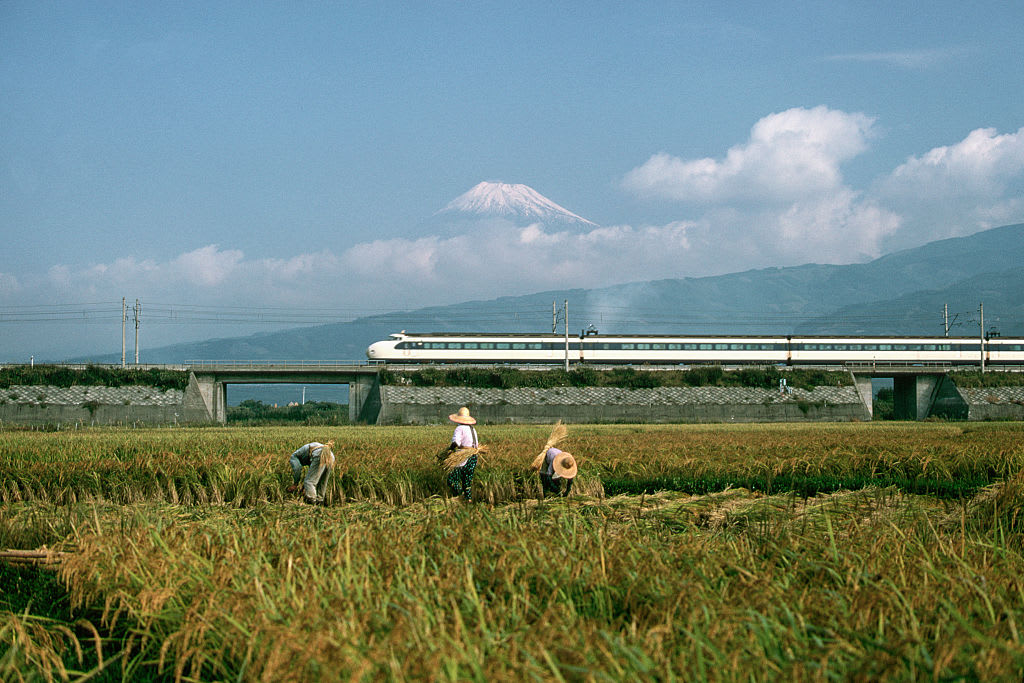Amtrak's new Acela gets speed testing ahead of 2021 rollout: "It's going to be a game changer"
Amtrak's new Acela, which is America's fastest train, is undergoing speed testing at a sprawling 30,000-acre facility outside Pueblo, Colorado. The rollout of the train continues despite furloughs and possible layoffs at the company due to the coronavirus pandemic.
Next year, the new Acela will start rolling down the tracks between Boston, New York and Washington, D.C. at up to 160 miles an hour.
"It's going to be a game changer for many people," Amtrak Vice President Caroline Decker told CBS News transportation correspondent Kris Van Cleave, who got an exclusive first look at the trains.
Asked why the United States doesn't have as fast trains as other countries, Decker said, "In Europe and in Asia, you have a lot of infrastructure, a lot of right of ways that were built specifically for these designated high speed corridors. The Northeast Corridor, which in many areas is more than 100 years old, was never designed for high speed trains."
The new trains will be 10 miles an hour faster than the current 20-year-old high speed fleet. Amtrak hopes to shave about 15 minutes off a trip between D.C. and Boston, while carrying 25% more passengers and using 20% less energy.
During its year of certification testing at the Transportation Technology Center in Colorado, the train is basically a rolling test lab.
"We look at speed upgrades. We look at tilt testing. We look at all of the safety appliances that are on the train set, and we just make sure everything is operating like it's supposed to be," said Dave Mauger, the vice president of operations at the center.
Built by Alstom in Hornell, New York, the new Acela is part of a $2.4 billion modernization effort that is continuing despite the pandemic and Amtrak's decision to furlough or layoff more than 2,000 employees.
"We have to look to the future," Decker said, explaining why the company is moving forward during the pandemic. "We owe it to the generations of Americans that are here 10 years, 20 years from now, when no doubt train travel will be a will play a huge role in terms of mobility for our country."
Even as the new Acela is racing down the test tracks at up to 165 mph, the coronavirus is forcing some redesigns on the inside of the train.
"We are improving some of the design, looking at air conditioning, airflow," said Didier Cuadrado, the Alstom Acela Project director.
Cuadrado said there is "some design activity ongoing" to change the filtration and airflow in the train.
"It's airflows, it's touchless, it's installing sanitizing stations. It's all those things," he said.
The train meets stronger crashworthiness standards while promising a smoother ride.
On the inside, it boasts improved Wi-Fi, and a host of contactless features including a self-service cafe car and a touchless restroom.



